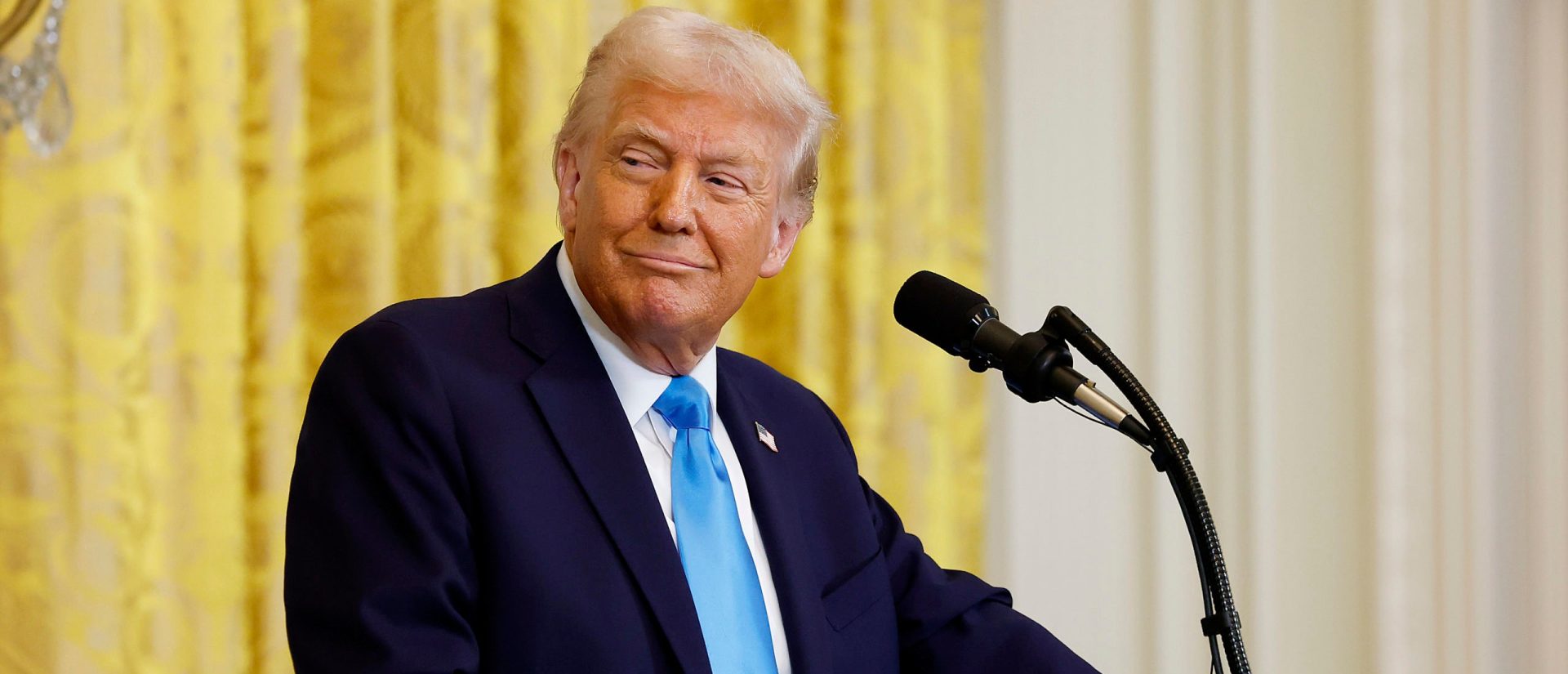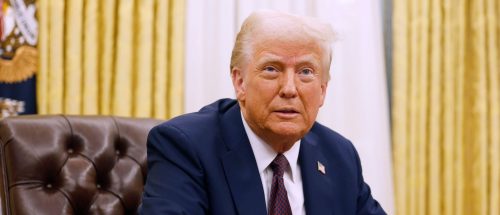President Trump has taken another step in his ongoing quest to streamline the federal government by signing an executive order aimed at reducing the workforce and curbing unnecessary hiring. Alongside him was Elon Musk, head of the Department of Government Efficiency (DOGE), who is on a mission to inject “common sense controls” into the bureaucratic system. Musk emphasized the need for accountability within what he termed the “unelected” fourth branch of government, acknowledging that while there are capable individuals in the bureaucracy, oversight is essential.
This move is part of Trump’s broader strategy to implement substantial reforms across federal agencies, fulfilling his campaign pledge to shrink government size. By establishing DOGE, Trump aims to audit federal spending and address inefficiencies, a continuation of his promise to eliminate waste. The administration has already signaled its intentions to consolidate certain agencies, like folding the U.S. Agency for International Development into the State Department, which has faced pushback from Democrats insisting on the agency’s independence.
According to the White House, the new order requires agency heads to work closely with DOGE to reduce staff numbers, restricting hiring to only essential roles. The Office of Personnel Management will ensure federal employees maintain the highest standards of conduct, aligning with the administration’s goal of accountability. Once the hiring freeze from January 20th ends, agencies will be permitted to hire just one new employee for every four that depart, emphasizing a leaner workforce.
Plans are underway for significant reductions, with agencies tasked to identify which components might be merged or cut altogether. This comprehensive approach has stirred some controversy, with critics labeling it a “hostile takeover” of federal functions. Musk, however, remains unfazed, asserting that the American people voted for substantial government reform and that’s precisely what they will receive.
Addressing potential conflicts of interest, Musk, whose company SpaceX is a major federal contractor, assured that transparency would be paramount. This openness, he believes, will foster public trust, as any benefits to him or his companies will be visible. President Trump backed Musk’s leadership of DOGE, highlighting the commission’s early success in identifying billions in wasteful spending.
DOGE has been proactive, diving into data and IT systems of several federal departments within the first few weeks of the new administration. This includes access to crucial agencies like the Treasury and the Centers for Medicare and Medicaid Services. However, a federal judge has temporarily blocked DOGE from accessing Treasury payment systems, though the government sought to overturn this decision.
Judge Jeannette Vargas agreed to modify the restraining order, clarifying that senior officers confirmed by the Senate are not barred from using the Treasury’s payment systems. Meanwhile, the Treasury Department has clarified that DOGE staff will have “read-only access” to payment data, ensuring they can conduct efficiency assessments without compromising system integrity. The access is similar to that provided to auditors, ensuring the protection of vital processes.
The administration remains focused on its mission to overhaul the federal government, undeterred by judicial roadblocks or political opposition. With Musk at the helm of DOGE, the goal is clear: a more efficient, accountable government that serves the people’s interests. As the process unfolds, the administration is poised to navigate challenges, staying true to its reformist agenda.
Trump’s vision for a leaner, more effective government echoes the beliefs of past conservative leaders who advocated for smaller government and fiscal responsibility. This initiative not only aims to reduce bureaucracy but also to restore faith in government operations by ensuring efficiency and accountability. The American people can expect a government that prioritizes effectiveness and transparency.
While critics may argue against these changes, the administration is steadfast in its conviction that these reforms are necessary for the nation’s progress. The focus remains on cutting red tape, eliminating waste, and holding government officials to high standards. By doing so, the administration hopes to create a government that truly works for the people, aligning with the values of fiscal conservatism.
As this initiative progresses, the administration will continue to address challenges and pursue its goals with determination. The focus on reducing bureaucracy and enhancing governmental efficiency reflects a commitment to conservative principles that prioritize smaller, more effective government. Through these efforts, the administration seeks to foster a government that operates with integrity and serves the American public effectively.
The administration’s pursuit of these reforms is a testament to its dedication to upholding conservative values and principles. By focusing on accountability, transparency, and efficiency, the government endeavors to create a system that aligns with the people’s expectations. In doing so, it aims to build trust and confidence in federal operations, ensuring they meet the needs of the country.
This approach underscores the administration’s commitment to a government that works diligently for the American people. By prioritizing efficiency and accountability, the administration aims to create a system that not only meets but exceeds the expectations of its citizens. This dedication to reform reflects a broader vision of a government that operates with integrity and effectiveness.
The administration’s efforts to streamline government operations are part of a larger strategy to enhance efficiency and accountability. By focusing on these core principles, the government seeks to provide a more effective and responsive system for its citizens. This commitment to reform aligns with conservative values that prioritize smaller, more efficient government.
Through these initiatives, the administration aims to create a government that operates transparently and efficiently. By holding officials to high standards and reducing unnecessary bureaucracy, the government seeks to build trust and confidence among its citizens. This dedication to reform is a reflection of the administration’s commitment to conservative principles and values.






